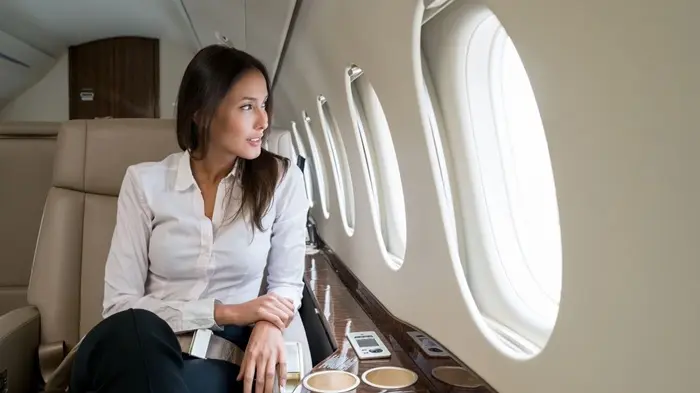Business travel is experiencing notable expansion, driven by heightened passenger demand, a surge in in-person meetings, and positive momentum within the travel industry, according to the latest Global Trends Report from FCM Consulting. This growth is accompanied by rising global air and hotel rates.
The International Air Transport Association (IATA) reported a 9.1 percent increase in global passenger demand for June 2024 compared to the same month in 2023. Notably, international passenger demand surged by 12.3 percent, with load factors reaching 85 percent, up 12.7 percent year-on-year. Domestic passenger demand grew by 4.3 percent, with load factors also at 85 percent, reflecting a 2.1 percent increase from the previous year.
Felicity Burke, Head of FCM Consulting for APAC, highlighted that the total number of seats offered in 2024 has increased by 3.04 percent from 2019 levels, equating to a rise of 175 million seats. Compared to 2023, there is a 6.15 percent increase, or 352 million additional seats. “This year sets a new baseline for aviation growth, with positive forecasts for airline schedules extending into 2025,” Burke stated.
Hotel occupancy rates globally climbed to nearly 70 percent by the end of the first half of 2024. FCM Consulting projects that travel demand will continue to grow steadily, particularly as the northern hemisphere approaches summer. The forecast for seats offered by the top global corporate airlines in 2024 is expected to be five percent above 2019 levels, a recovery from 2023 when seat availability was two percent below 2019 levels. Additionally, 11 of the top corporate airlines are predicted to exceed their 2019 seating levels by the end of 2024.
In terms of accommodation, the average hotel room rate across the top 100 corporate cities reported by FCM Consulting was $182, reflecting a $5 decrease from the first half of 2023. STR’s report on July 6, 2024, forecasted that global hotel occupancy rates would reach 70 percent in July.
The car hire sector saw a decrease in the average daily rate, which fell to $54 in the first half of 2024, marking a 26 percent reduction compared to 2023.
Kenji Soh, General Manager of FCM Travel Southeast Asia, noted that international economy and business class fares from Singapore saw average decreases of 12 percent and 4 percent, respectively, between April and June 2024. Additionally, despite a year having passed since China’s border reopening, average room rates in Asia have remained strong in the first half of 2024. Singapore remains the most expensive destination for hotel stays, with average rates reaching $298—a 27 percent increase compared to the first quarter of 2024—followed by Hong Kong and Tokyo.
Related Topics:
10 Best Places to Explore in Chicago
Where to Go Swimming in Chicago

